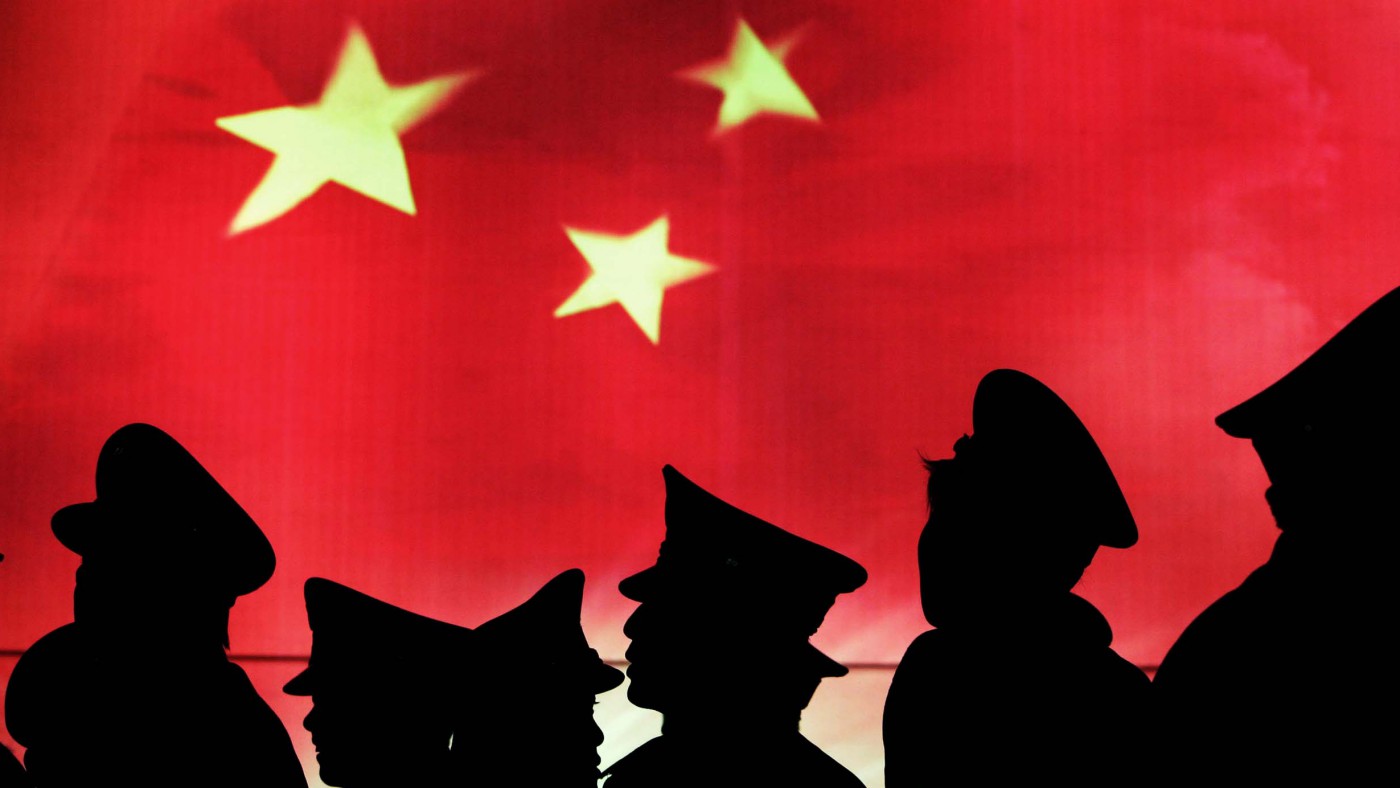The 14% drop in the Shanghai stock exchange in July may be a mere technical, contained event, with little or no consequence for the global economy. Or, instead, it could be a warning shot for a significant change of course in Chinese history: the end of the era of “miraculous” growth at 10% per year, and the dawn of a new era ruled by uncertainty.
Let us explain this hypothesis in simple terms, starting with the role of the stock exchange for the Chinese. This role is not the same as the one played in the West. The new Chinese middle class born of the economic growth over the last 30 years is made up of around 200 million people.
Unlike in the West, these people do not enjoy collective health insurance, public pensions, or free education. In China, everyone pays their own way, while in the West the government saves money for you and, more or less, redistributes it accordingly.
When the Chinese middle class and the most modest members of society receive a regular income, they save around half to finance their healthcare, education and retirement. The Chinese have very little choice when it comes to investing their savings. Banks offer interest rates lower than inflation, and investing abroad is an option only open to the Communist aristocracy.
For rational law-abiding Chinese the only choices left are between the Shanghai and Shenzhen stock exchanges and investing in real estate. The new Chinese cities and their empty residences and offices act as the country’s piggybank. If the real estate bubble bursts, the Chinese middle class will be bankrupt. Many China watchers have heralded this collapse for the last ten years, but have for now been proved wrong. The rural exodus and booming growth have turned these buildings and fledgling cities into profitable investments. At least so far.
If growth slows and the rural exodus peters out – which seems to be increasingly the case – these buildings will remain empty and valueless. The domino effect will mean that individual investors will then be unable to pay for their healthcare, their children’s education, and can kiss goodbye to their pensions. The same goes for the stock exchange.
If stocks continue to fall, creating the same risks seen in the real estate bubble, the investing middle class will also be destabilised. This is why the Beijing government is going out of its way to smooth the stock exchange, forcing the state-run banks to buy shares and forbidding State owned companies from selling them. But it all seems to be for nothing.
The plummet is continuing in a vivid illustration of how capitalism in China is slipping through the grasp of the powers that be. Both the financial and real estate market actors have realised the 10% yearly growth is definitively over.
Remember that this growth was possible because China started with nothing (Deng Xiaoping’s 1979 economic reforms authorised the Chinese to work for themselves) and had a considerable workforce ready to move from the fields to the factories. This transition from Communism to State Capitalism happily coincided with globalization and Western demand for new consumer goods such as mobile phones.
This era is now over: global demand has slowed; China has found itself in competition with other “subcontractors” including Vietnam, Bangladesh and Mexico; robotics have sparked the West’s reindustrialisation, and the Chinese workforce is flagging due to a shrinking population brought on by the one-child policy.
Similar situations were seen in Japan, South Korea and Taiwan one or two generations ago. But their governments and entrepreneurs were smart enough to move upmarket, creating renowned brands and exchanging quantity for quality.
The same can hardly be said for China. Xi Jinping’s government has succumbed to delusions of grandeur, pumping its profits into fantastical projects that have culminated in empty airports, deserted highways, the creation of a blue water navy and repeated Olympic games. The most resourceful entrepreneurs , those who could have founded the Chinese versions of Samsung and Toshiba, have left for the United States where their patents and freedom of expression are protected.
The Chinese leaders are fully aware of this critical analysis. And the government partly took it into account by announcing earlier this year that growth target would be lowered to 7%. China then posted first-quarter growth figures of ….7% at the start of July, inspiring scepticism of official statistics.
In the meantime, as we have seen, stock prices have been artificially boosted to show the Communist Party is still in control of the market, and not vice versa. But quite the opposite is happening. The laws of the market are outweighing the Party’s policies, and confronted with a situation increasingly out of its control, the Party has decided to repress in lieu of adapting. There have never been more dissidents, internet users and lawyers in Chinese prisons since the death of Mao Zedong.
Pro democracy and pro market , Beijing based economist Mao Yushi has said “The Chinese will give up their freedom, but they will never accept losing their savings”. It seems they are about to lose them on both stock exchange and the real estate market. What should we predict? To avoid misleading readers, we will not entertain potential conclusions.
It would be presumptuous to announce that the end of booming growth, or even the disappearance of savings, will inevitably bring about the collapse of the Communist Party. The current government rules the country without any real opposition while guaranteeing civil order. And there is nothing that scares the Chinese more than disorder. I would bet on the status quo.


